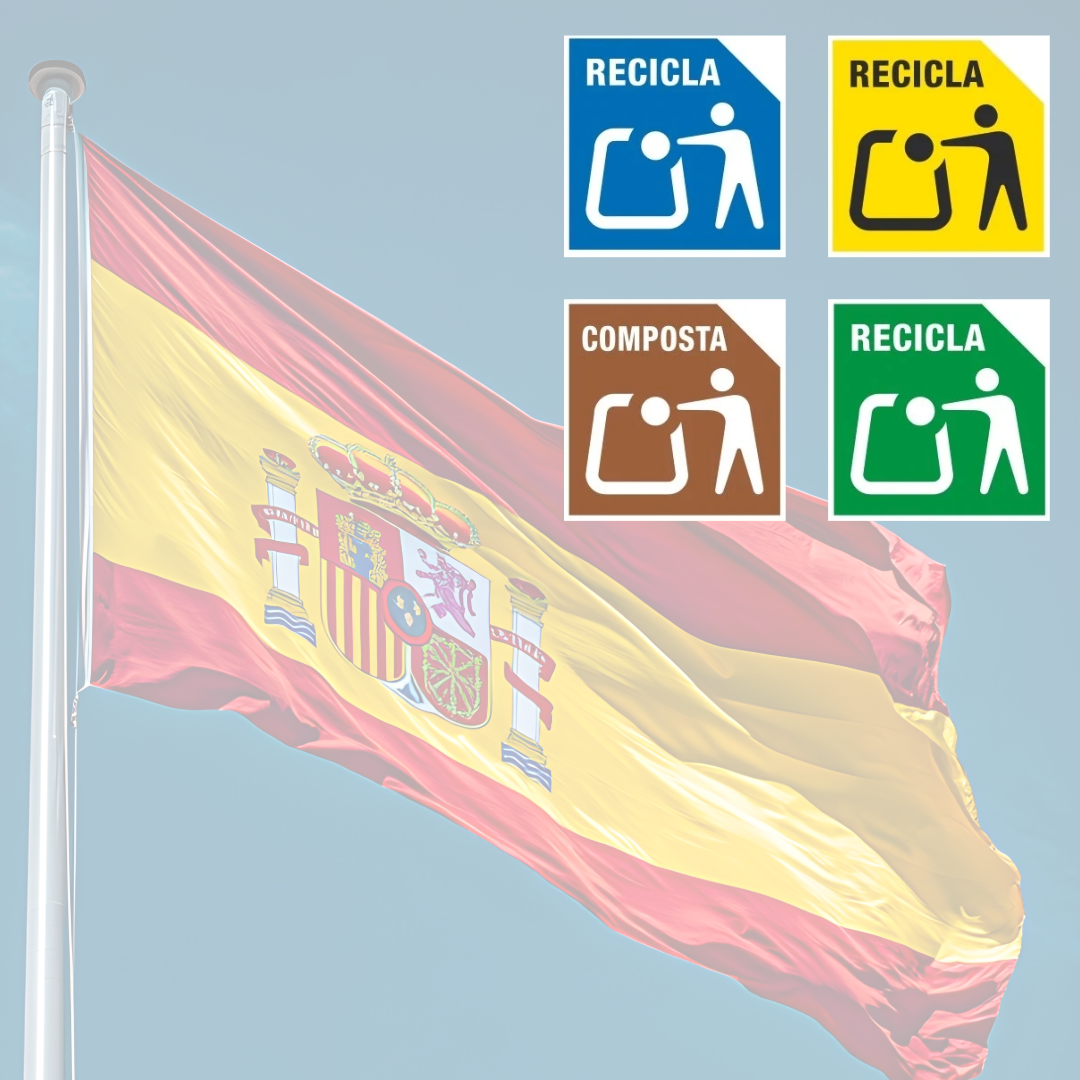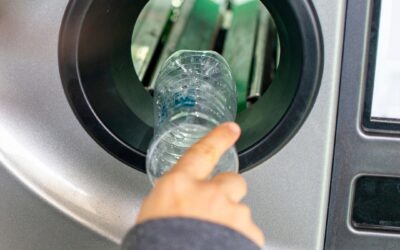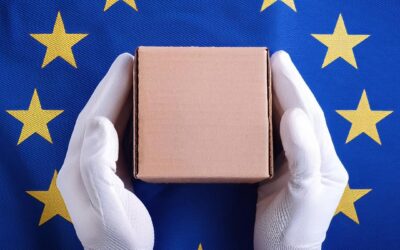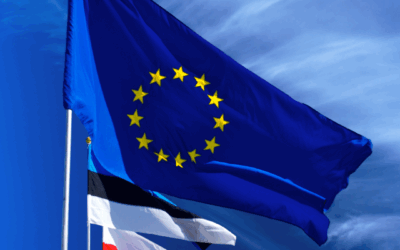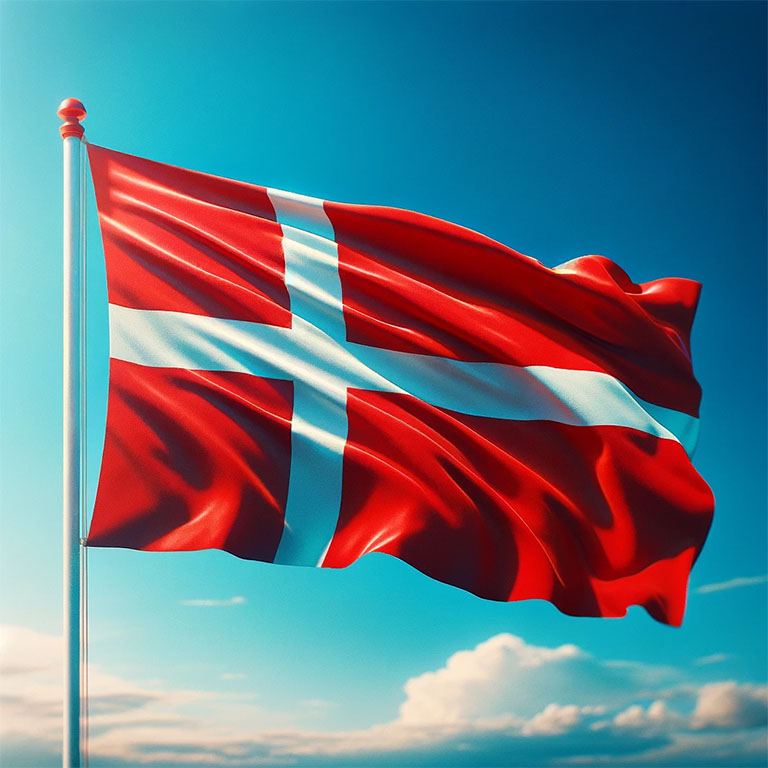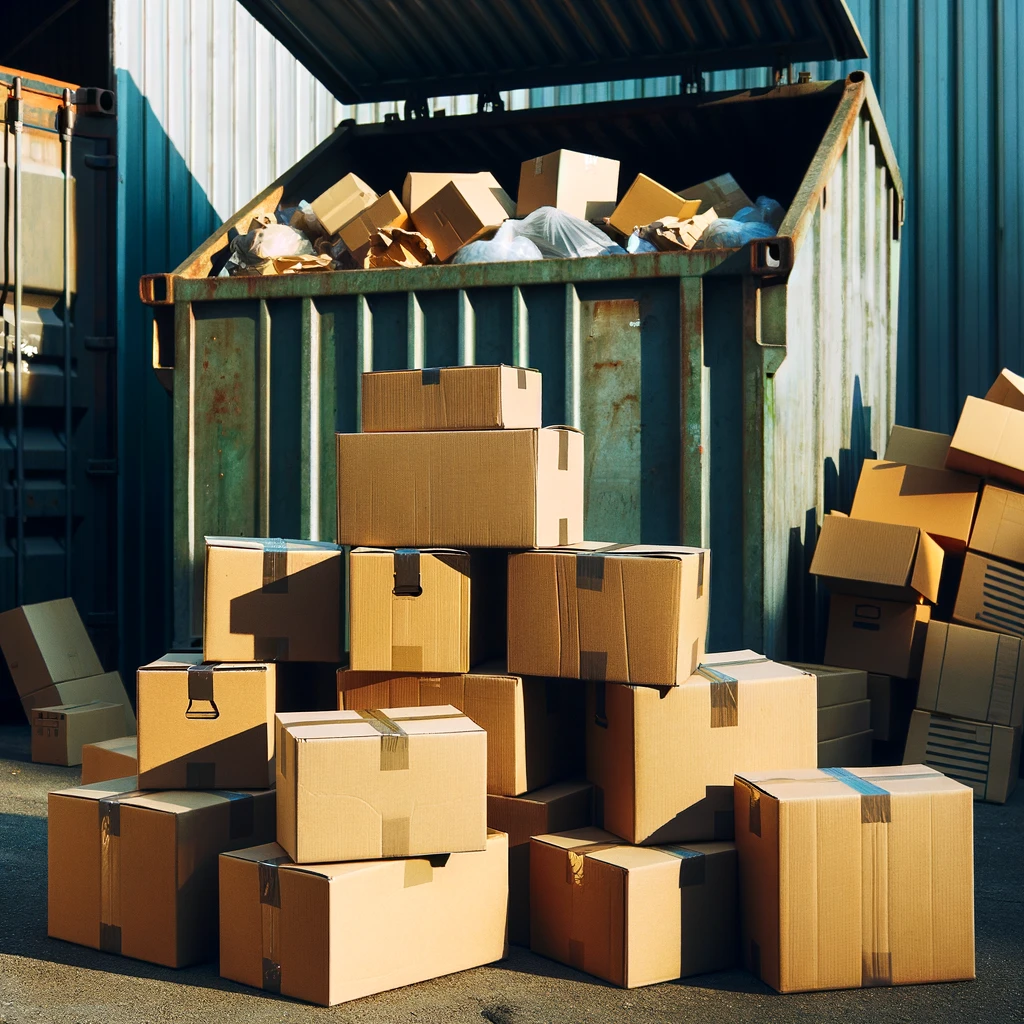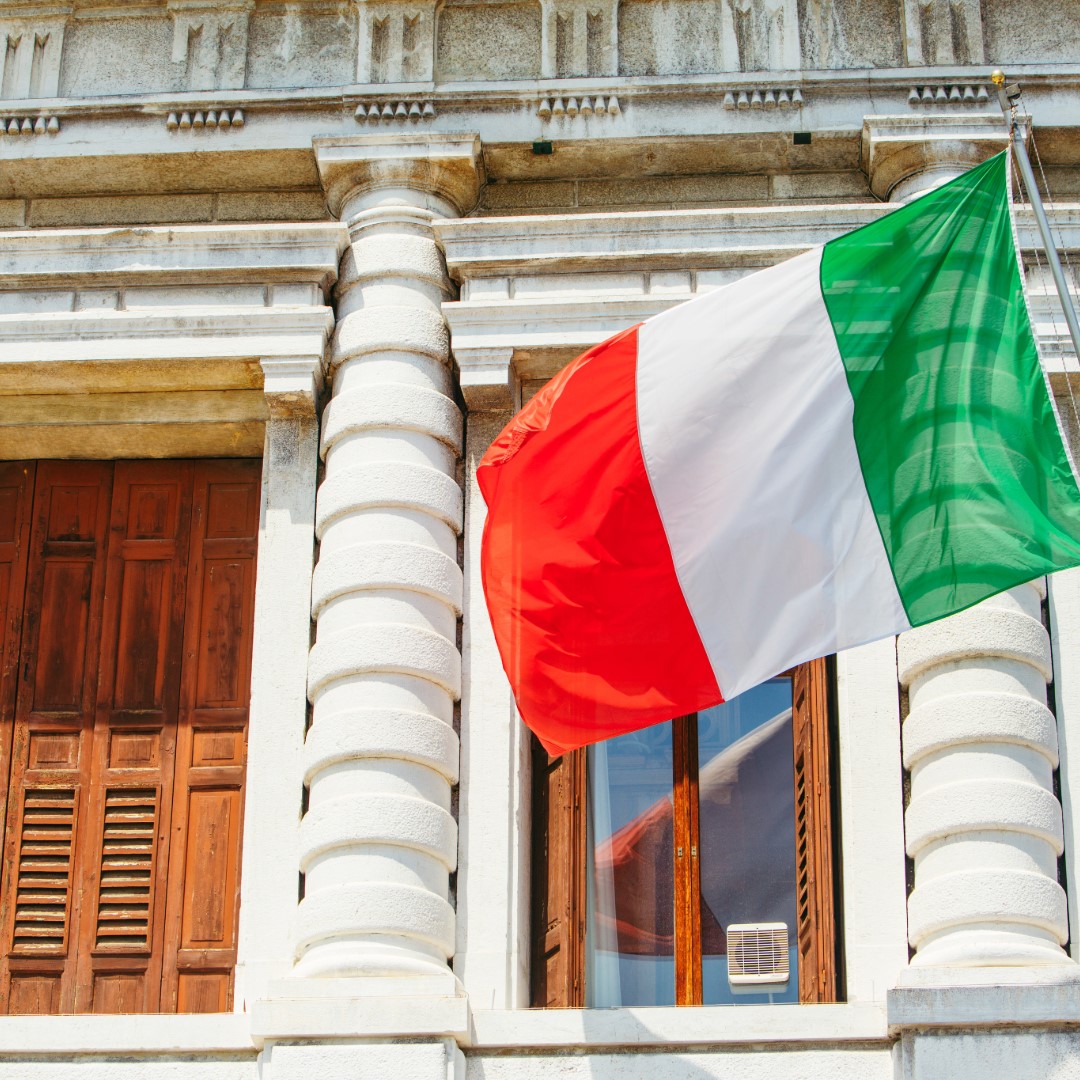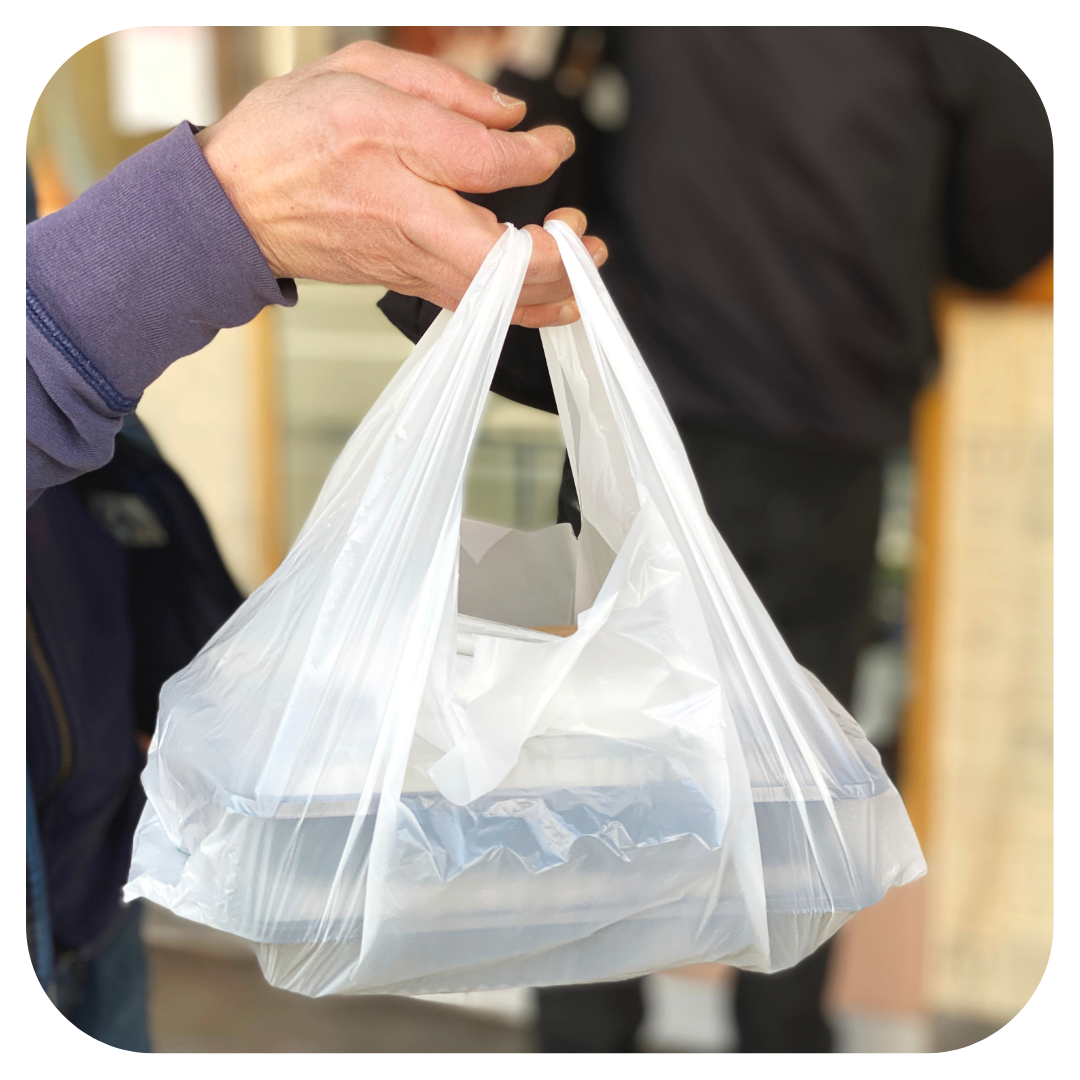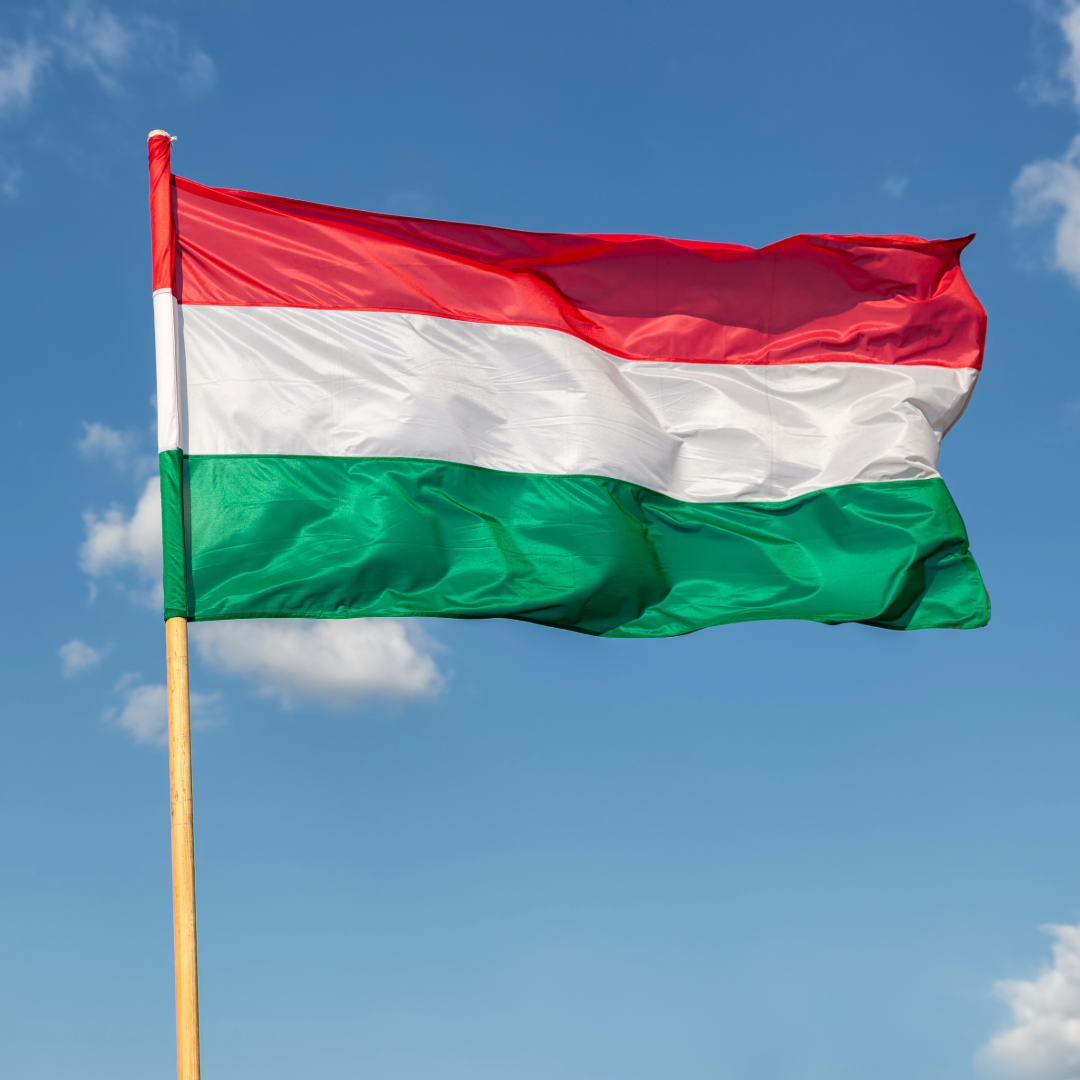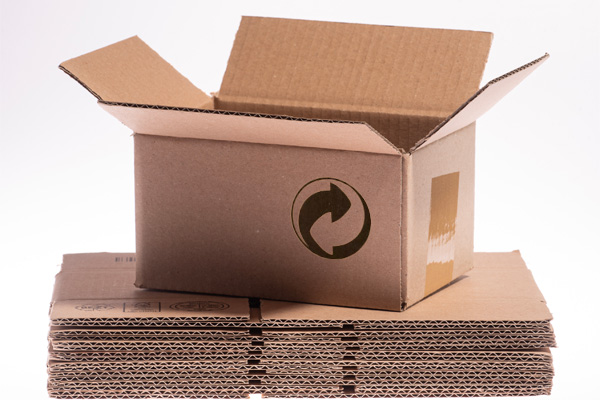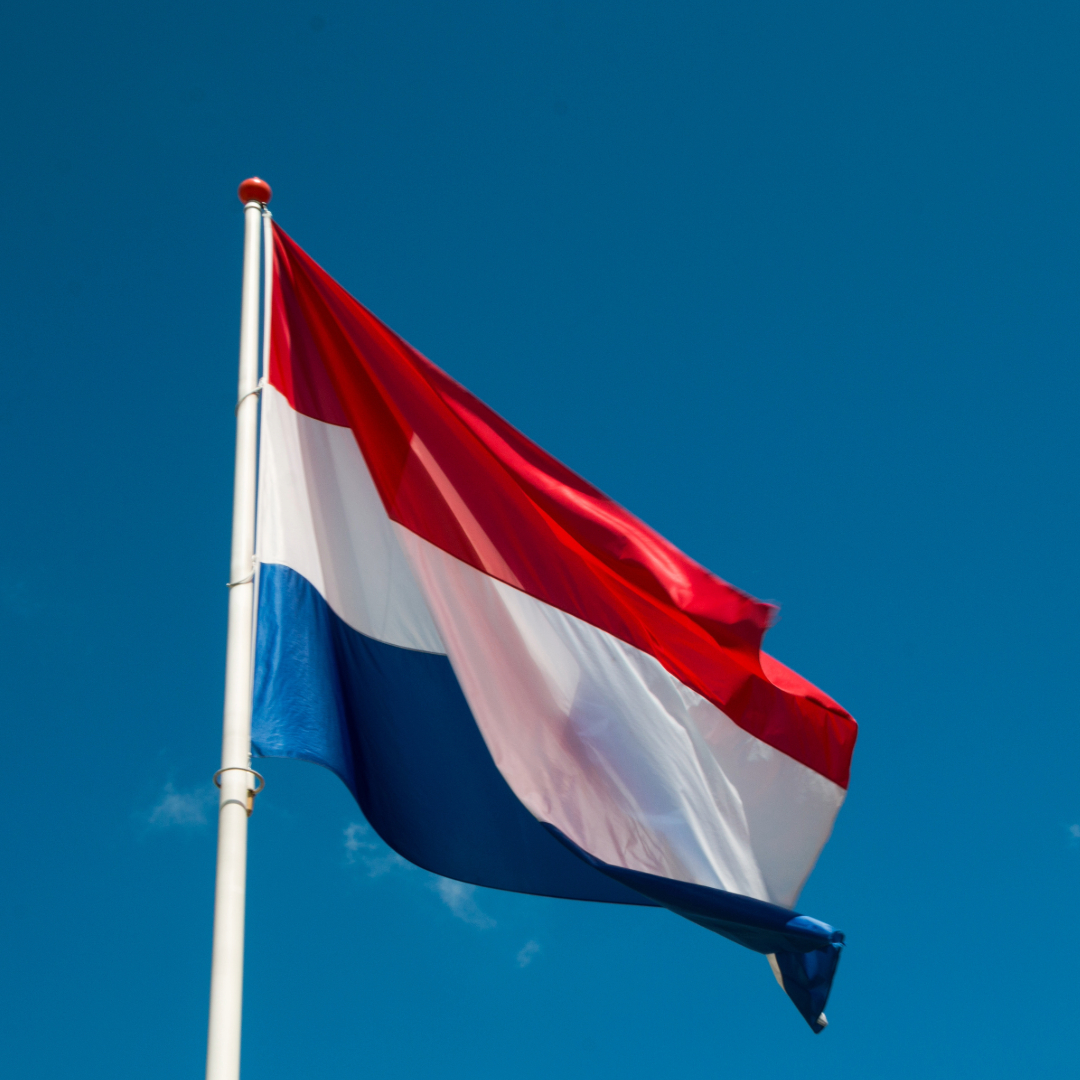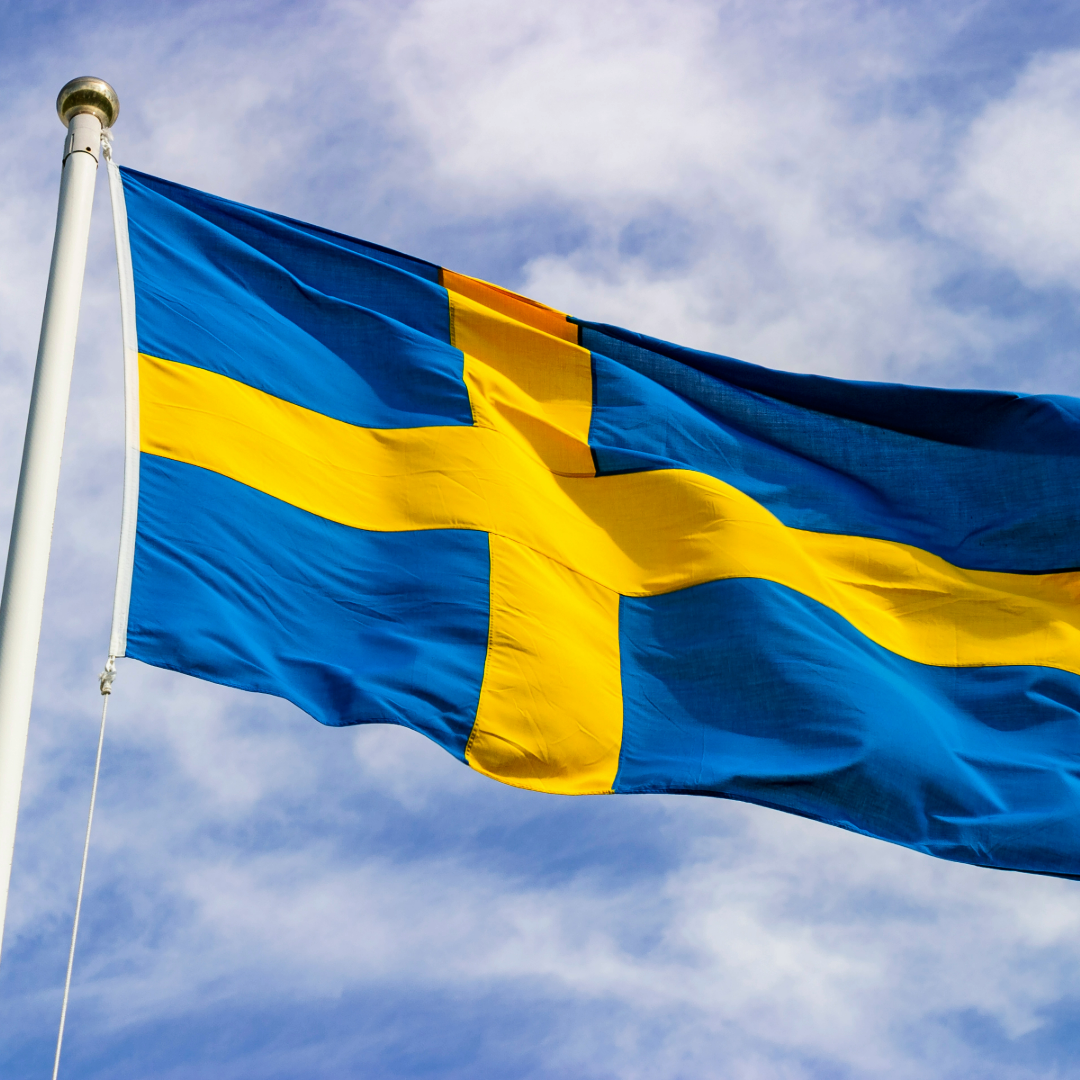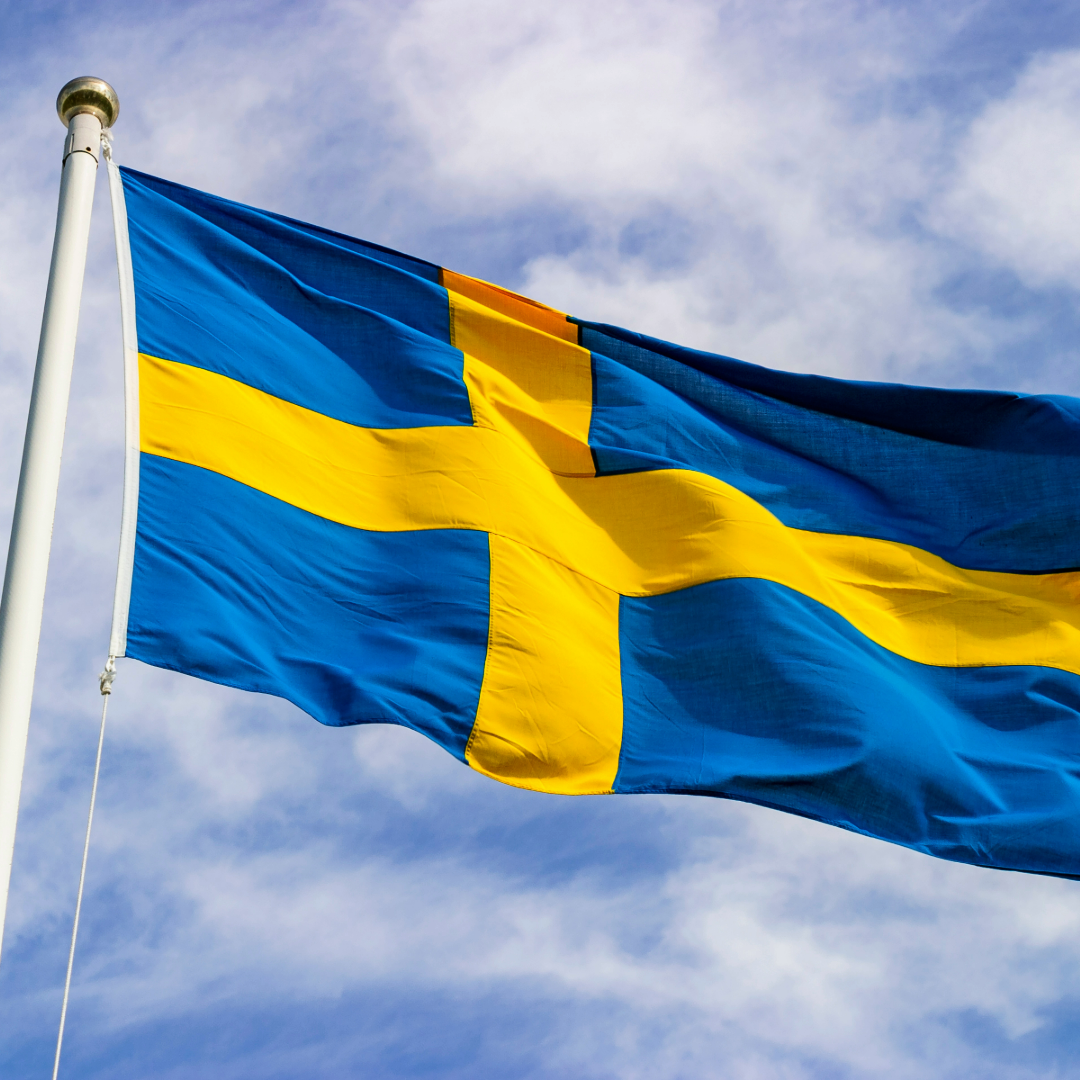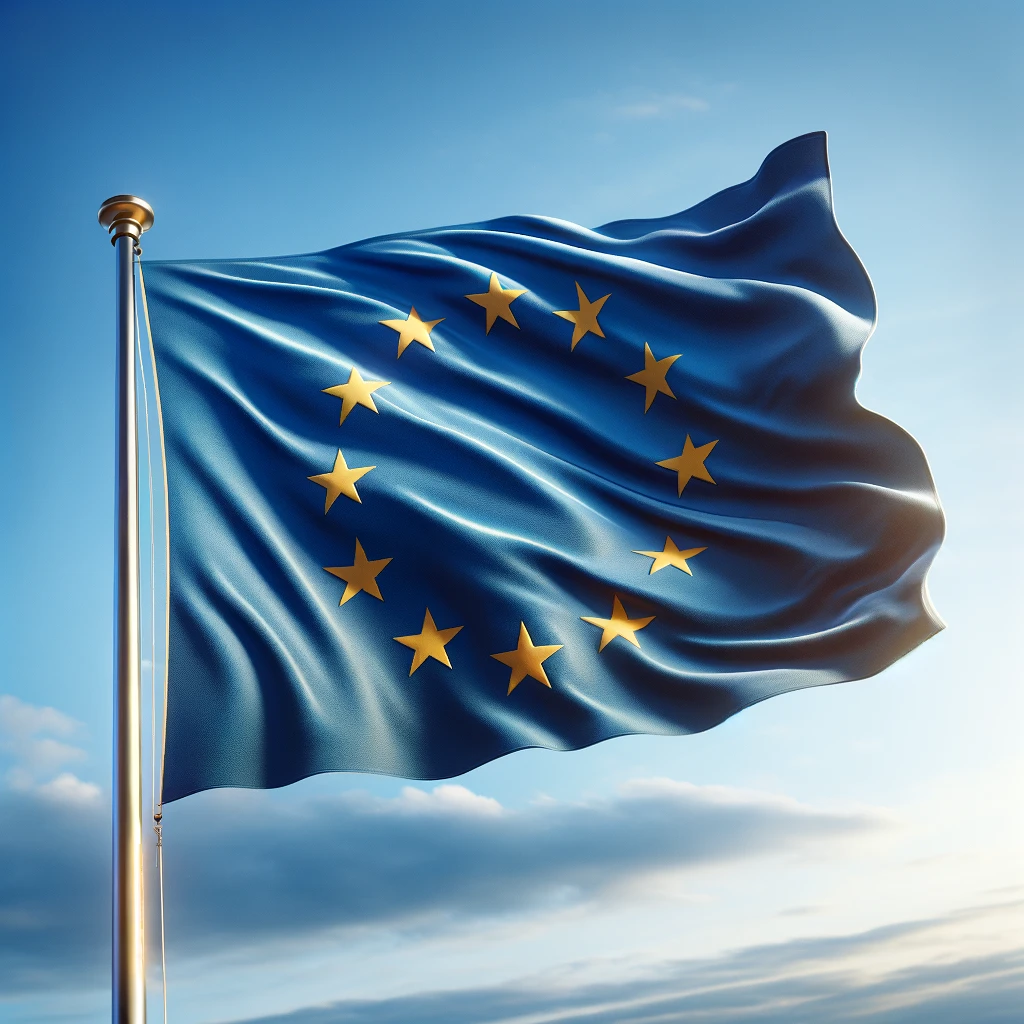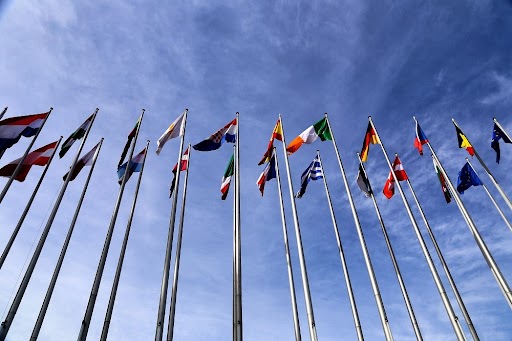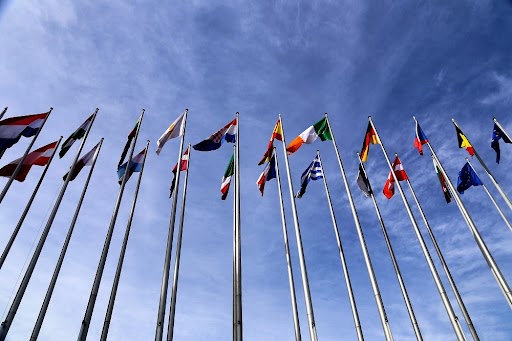The labelling obligation in Spain: how to bring your packaging into line with the law
Since 1 January 2025, a new labelling requirement for packaging apply in Spain, which was introduced by Royal Decree 1055/2022. Companies that place household packaging on the market in Spain must now ensure that their packaging is correctly labelled. After 1st January 2025, no packaging may be placed on the market in Spain without a label. The aim of this new regulation is to promote recycling in Spain and to support consumers by providing clear separation information.
We have summarised the most important information for you so that you are well-prepared.

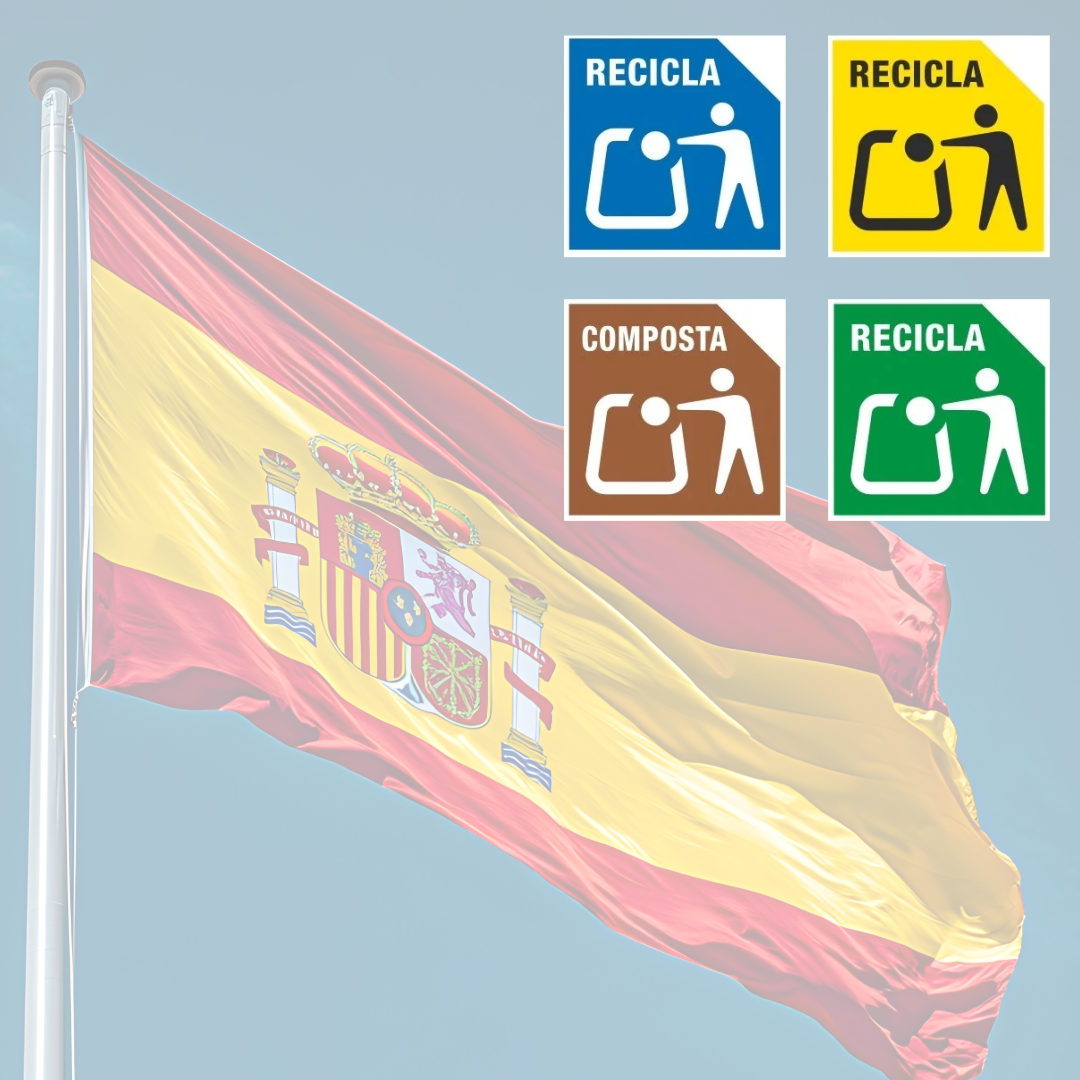

Introduction: The new labelling obligation in Spain
On 1 January 2025, Royal Decree 1055/2022 will introduce a labelling requirement for packaging in Spain, which will present companies with new challenges. From this date, all packaging that can be categorised as household waste must be clearly labelled with recycling information. This not only affects Spanish companies, but also anyone who exports products to Spain.
But why is this change necessary? Spain has set itself targets to promote environmental protection and improve recycling rates. The labelling requirement is intended to make it easier for consumers to dispose of packaging waste correctly, which should contribute to higher recycling rates and a more efficient circular economy.
These new regulations will have a direct impact on you if you export packaged products to Spain that are generated there by private end consumers. Regardless of whether you use plastic packaging, paper packaging or glass containers – specific labelling requirements will apply to each type of packaging from 2025 and must be met. It is therefore high time to review and adapt your packaging to meet the new requirements.
Which packaging is affected?
The labelling obligation applies to all so-called ‘household packaging’ – i.e. packaging that typically accumulates with end consumers in private households. In Spain, the term ‘envases domésticos’ is used for this. This means that food packaging, beverage packaging as well as packaging for household goods and consumer goods are affected by the regulation.
What does this mean for you specifically?
If you export packaging to Spain or sell your products there, you must ensure that the packaging is correctly labelled. This applies not only to the outer packaging, but also to all packaging components. This includes, for example, labels, plastic sleeves or boxes that wrap the product. Even if your packaging consists of different materials, you are obliged to attach the appropriate disposal labelling for each material.
An example: Your packaging consists of a glass bottle with a plastic lid. In this case, you must affix two symbols to the packaging – one for the glass container (green container) and one for the plastic lid (yellow container). If the packaging consists of several materials that cannot be separated from each other (e.g. composite materials), you must use the symbol for the material with the largest proportion by weight.
The labelling must be clearly visible, legible and permanently affixed to the packaging. Minimum size and design requirements must also be met to ensure that the information reaches the consumer clearly and unambiguously.
How to label your packaging correctly in Spain
In order to fulfil the new legal requirements in Spain, you must label your packaging with special symbols for waste separation. These symbols inform consumers in which containers they should dispose of their packaging waste. You can either develop a symbol yourself or use existing symbols.
What factions exist?
In Spain, packaging waste is sorted into four main fractions, for each of which different containers are provided:
- Yellow container: Plastic and metal packaging (e.g. drinks cans, plastic bottles)
- Blue container: Paper and cardboard packaging (e.g. cardboard boxes, paper packaging)
- Brown container: Compostable packaging (e.g. biodegradable packaging, organic waste)
- Green container: Glass packaging (e.g. glass bottles, jam jars)
For each of these fractions, you must affix appropriate waste separation symbols to your packaging. If it is not possible to use the official colours for labelling (yellow, blue, brown, green) for design reasons, you can also use black and white variants. In this case, however, you must mention the relevant container in writing to avoid any misunderstandings during disposal.
Obligations and regulations in detail
The new labelling regulations in Spain not only require a symbol to be displayed, but also that it meets certain requirements. To ensure that everything is legally correct and remains clearly recognisable for consumers, there are some important requirements that you must observe:
- Minimum size and visibility: Each labelling symbol must be at least 8 mm in size. Ideally, you should use a size of 10 mm to optimise legibility. The symbols must be clearly visible on the packaging and must not be obscured by other design or packaging elements.
- Colour specifications: The official recommendation is to label in the colours yellow, blue, brown and green, according to the respective disposal fraction. If this is not possible for design reasons, you can use black and white or other colour variants.
- Special rules for composite packaging: If your packaging consists of several materials that cannot be separated from each other, indicate the material with the largest proportion by weight. This allows consumers to dispose of the packaging correctly.
- Reusable and compostable packaging: Reusable packaging, such as cans or bottles, must also bear the symbol of the deposit return system (DRS). Compostable packaging must be labelled ‘Do not discard in the environment’ and be certified in accordance with UNE EN 13432:2001 or a comparable standard.
Note: A transitional period applies to products and packaging for which it can be proven through traceability that they were produced, manufactured, purchased or imported in an EU member state before 1 January 2025. These may be marketed without labelling until the stocks expire, but within 6 months at the latest.
Conclusion on the labelling obligation in Spain
The mandatory labelling of packaging in Spain brings new challenges, but also opportunities for companies. With clear guidelines on waste separation and disposal, the legislation aims to improve the recycling process and raise environmental awareness among consumers.
For you, this means adapting your packaging in good time and fulfilling the legal requirements. By implementing the new rules, you not only contribute to a cleaner environment, but also strengthen your customers’ trust in your sustainability efforts.
Attention! Further innovation regarding commercial packaging in Spain from 2025
Commercial packaging is also subject to system participation in Spain since January 2025. While this obligation previously only applied to household packaging, commercial and industrial packaging is also affected now.
So that you can prepare in good time and fulfil all the new requirements, have a look here.

LIZENZERO.EU makes packaging compliance in Europe very easy.
Do you ship your products to different countries in the EU? Many different legal requirements and obligations can make the whole thing quite complicated – but don’t worry, we’ll do it for you. How do we do it? With our licensing service, we take over all obligations for you by power of attorney. Sounds good? We’ll be happy to advise you.
For shipping to Germany, you can easily fulfill your packaging obligations yourself via Lizenzero.de.
Deposit systems in the EU explained
Deposit systems show that simple solutions help to keep packaging in circulation and increase recycling rates. However, there are major differences within the EU: while countries such as Germany, Sweden and Finland have been using deposits for years and achieving high return rates, other Member States are still in the early stages.
Mandatory from 2026: The EU Authorised Representative for Packaging explained
Europe is an attractive but regulatory complex market. One of the more complex requirements is the appointment of an authorised representative (AR). The AR is the central interface between the manufacturer and the European market surveillance authorities. The authorised representative plays an important role in product safety and extended producer responsibility (EPR) and is therefore becoming increasingly important to ensure access to the market.
Authorised Representatives in Europe: Which ones are there and what do you need them for?
Europe is an attractive but regulatory complex market. One of the more complex requirements is the appointment of an authorised representative (AR). The AR is the central interface between the manufacturer and the European market surveillance authorities. The authorised representative plays an important role in product safety and extended producer responsibility (EPR) and is therefore becoming increasingly important to ensure access to the market.

